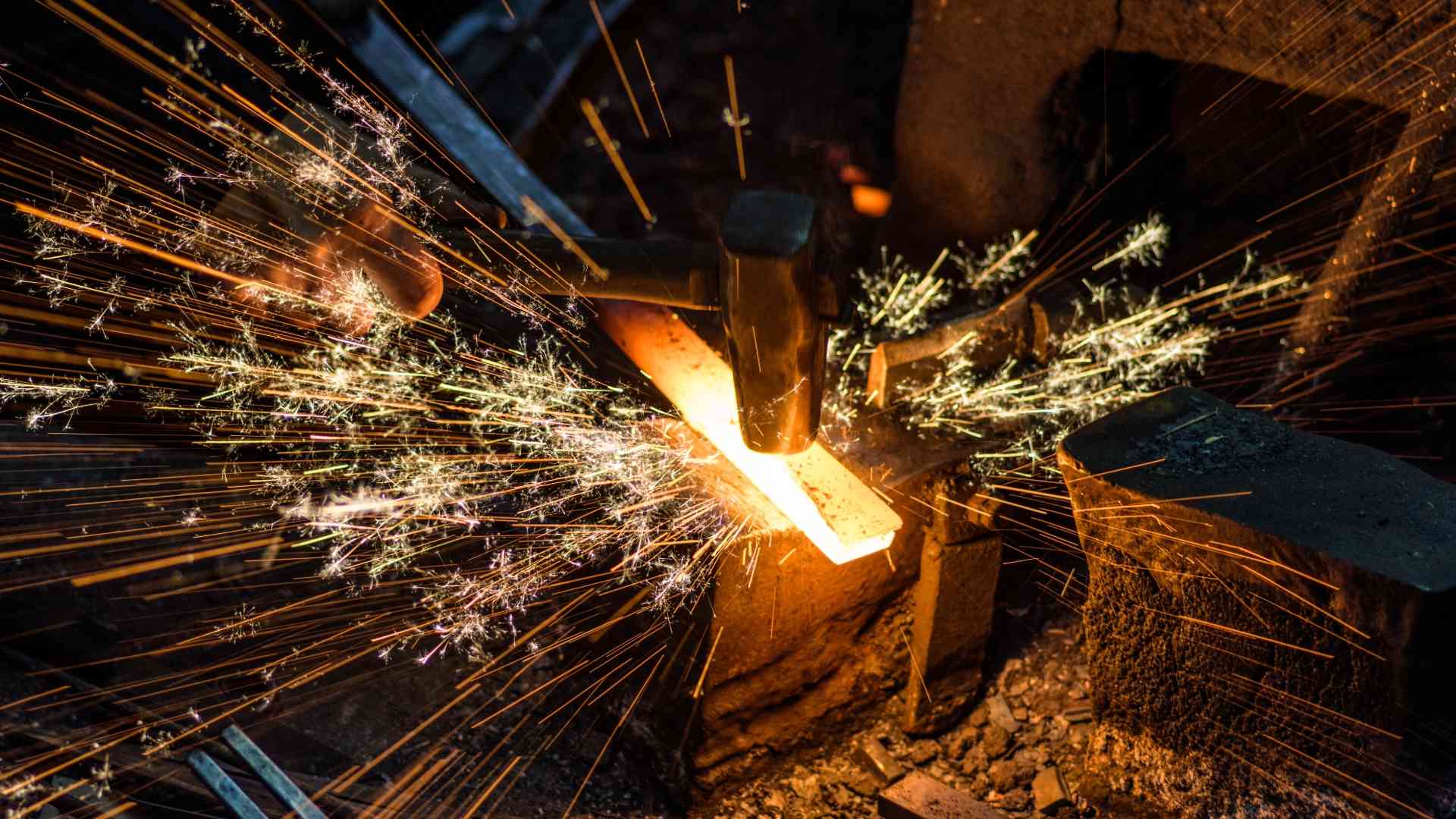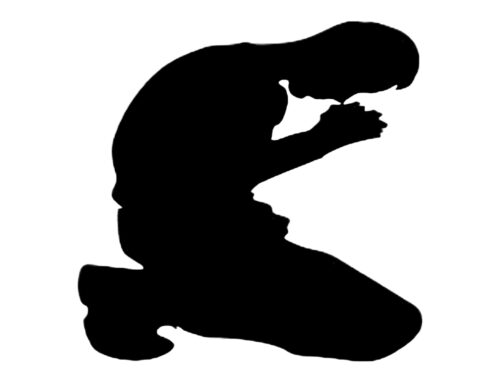When I was in high school, my Agriculture teacher introduced our class to the forge. Many farms had small forges to repair various implements and I still remember the metal glowing and how it could be shaped into useful tools. Forges were also common fixtures throughout our nation’s early years as blacksmiths shoed horses, made buggy rims, fashioned hay hooks, and created many products necessary in rural America.
 By the time I became the Ag Teacher, the forge had disappeared but I continued to teach metalworking through other methods. I also took students on fieldtrips to see blacksmith demonstrations as well as more modern fabrication techniques.
By the time I became the Ag Teacher, the forge had disappeared but I continued to teach metalworking through other methods. I also took students on fieldtrips to see blacksmith demonstrations as well as more modern fabrication techniques.
I still remember Mr. Moss starting with the plain piece of black metal he had bought at the scrapyard for a dime. After heating, splitting, pounding, shaping, and polishing, he ended up with a product that was worth more than one hundred times its original value. Until heating, however, the metal remained unworkable. Conversely, if the smith forgot it, it would become too hot and either disintegrate or surrender its desirable qualities to the flames.
The process for the metal had to be quite stressful. After being heated to nearly 2,000 degrees he then pounded it with a heavy hammer. He split the end with a chisel and after numerous heatings and beatings, it emerged as a meat fork. With fire and a strong arm he turned useless scrap into a valuable and beautiful product.
Imagine the metal worrying that the smith had forgotten it and wondering how any good could come from such pain. But all along the blacksmith had a plan and kept working until he achieved it.
As I watched this craftsman, I thought about God’s work. He rescues us from sin’s junkyard and shapes us to His liking. He has a desired outcome but it often requires the fires of adversity to force us to yield to His work. As we do, however, He fashions us into pieces not only of value and service, but even beauty.
Sometimes we think He’s forgotten us and wonder what good our adversity could bring. A quick survey of Scripture, however, will remind us that God’s most useful servants went through the hottest fires. Job, Joseph, and Moses are just a few. Paul wrote in Philippians that he considered it a privilege to suffer for Jesus and Jesus Himself suffered more than any and emerged not only the most useful, but also the most beautiful.
Mr. Moss also told us that he leaves the hammer dents and forging marks on his pieces for they demonstrate that each was a unique handmade creation. Again, I thought about how Jesus’ scars beautified rather than defaced Him and how the same is true with us. Our wounds verify that no two of us are alike, for the Master has formed us with individual characteristics for special tasks. May we submit to God’s will and allow Him to fashion us into people that glorify Him and bless others.
George Bowers – CBC Executive Board




